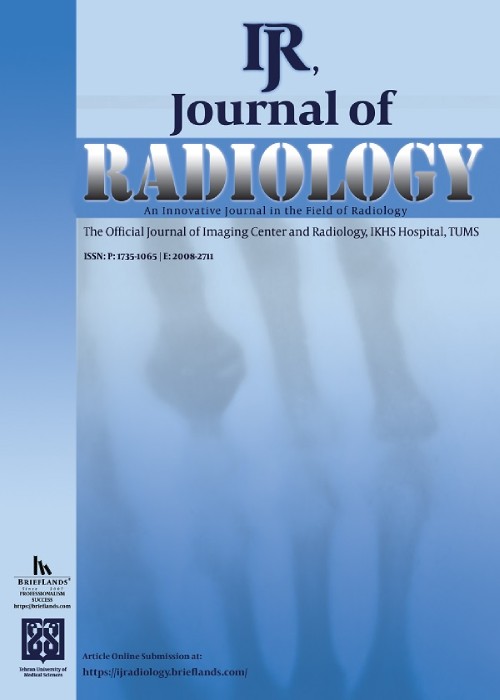Early Identification of COVID-19 Progression to Its Severe Form Using Artificial Intelligence
Lei Yuan , Jia Chen , Hui Feng , Junwei Lv , Xuefang Lu , Mengyao Ji *
Early prediction of disease progression in COVID-19 patients can be helpful for personalized therapy, as well as the optimal allocation of public health resources.
This study aimed to present predictive models for identifying potential high-risk COVID-19 patients upon hospital admission, based on the examination of clinical and radiological features by radiologists and artificial intelligence (AI).
A total of 786 initially non-severe COVID-19 patients were retrospectively enrolled in this study between January 2 and May 28, 2020. The patients were randomly divided into training (n = 628, 80%) and test (n = 158, 20%) groups. Clinical factors, laboratory indicators, and radiologist- and AI-extracted radiological features of pneumonia lesions were determined using a convolution neural network. The features were selected based on the Boruta algorithm with five-fold cross-validation. Four models, including a model based on clinical findings (model C), a model based on the physician’s examination of radiological features (R-Doc model), a model based on AI-derived radiological features (R-AI model), and an AI-based model mimicking the physician’s examinations (AI-Mimic-Doc model), were constructed for predicting COVID-19 progression upon admission, using a logistic regression analysis. The predictive performance of the four models was evaluated by calculating the area under the receiver operating characteristic (AUC) curve with a 95% confidence interval (95% CI) and then compared using the DeLong test.
Overall, 238 out of 786 patients (30.3%) progressed into severe or critical pneumonia during the 14-day follow-up. Nine clinical findings, 17 laboratory indicators, 48 physician-extracted radiological features of pneumonia lesions, and 126 AI-driven radiological features were collected. The urea, albumin level, and lesion size in the basal segment of the right lower lobe of the lung or the proportion of CT values in the range of -200 - 60 in the left lung were the representative features for constructing the R-Doc and R-AI models, respectively. Comparison of the R-Doc model (AUC: 0.840, 95% CI: 0.747 - 0.933 for the training set and 0.731, 95% CI: 0.606 - 0.857 for the test set) with the R-AI model (AUC: 0.803, 95% CI: 0.701 - 0.906 for the training set and AUC: 0.731, 95% CI: 0.606 - 0.857 for the validation set) indicated a marginal difference in identifying patients at risk of progression to pneumonia upon admission (P < 0.1). The R-AI model was superior to model C, with an AUC of 0.770 for the training set (95% CI: 0.657 - 0.882) and 0.666 for the validation set to identify high-risk non-severe cases upon admission.
By using radiological features along with blood tests, early identification of COVID-19 patients, who are at risk of disease progression, can be achieved on admission (rapidly by using AI); therefore, the use of these features can contribute to the clinical management of COVID-19.
- حق عضویت دریافتی صرف حمایت از نشریات عضو و نگهداری، تکمیل و توسعه مگیران میشود.
- پرداخت حق اشتراک و دانلود مقالات اجازه بازنشر آن در سایر رسانههای چاپی و دیجیتال را به کاربر نمیدهد.


